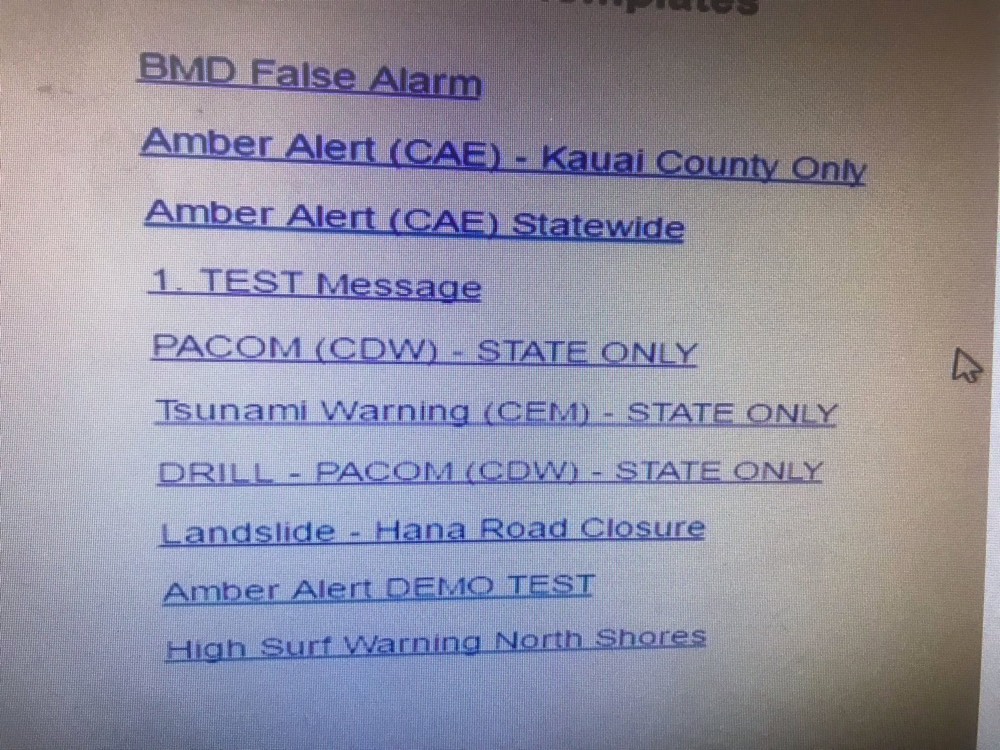One priority, according to the new chair of House Ag, is
"Along with that, he says the committee is learning from the disaster payments that have been made outside of the farm bill baseline to be looking at how to incorporate more of that relief in a way that provides certainty for farmers and ranchers and for the lenders providing them with access to capital."
That's according to an Agmos interview. That's the way it goes--everything becomes a precedent--in this case the exercises in executive creation of programs by Trump and Biden become rationales for changing, presumably increasing, current programs.
I'd not that on the one hand Thompson wants greater oversight and audit of the Biden actions, but on the other he's willing to use them to justify program changes before he sees the results.
I think I'm starting the new year in what my wife calls a crotchety mood.
